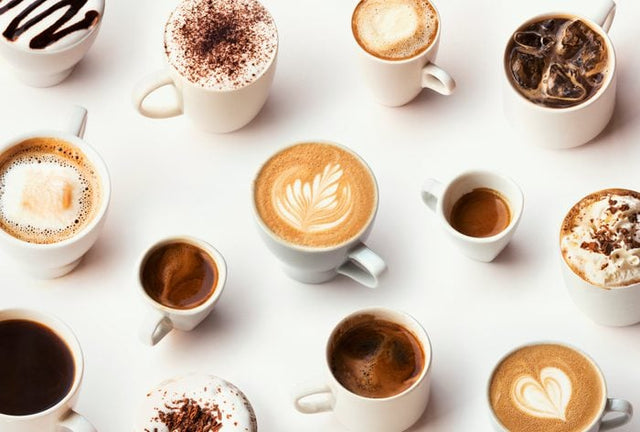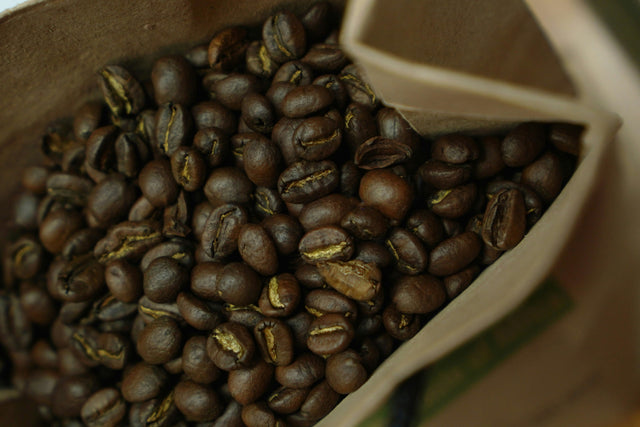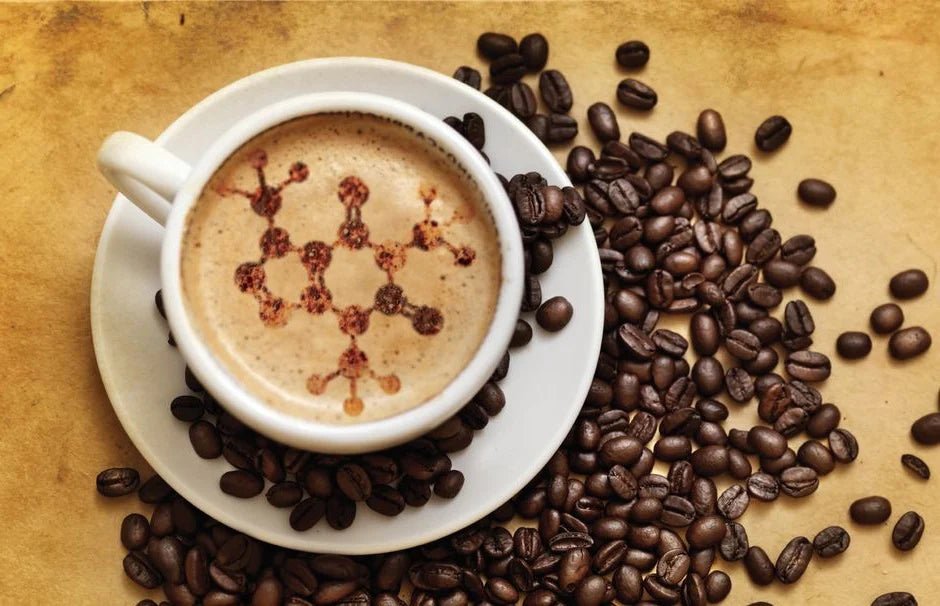Coffee is more than just a beverage; it's a complex drink brewing with science. From the intricate chemistry of coffee beans to the physiological effects of caffeine on the human body, coffee is a fascinating subject for scientific research. Let's dive into the science behind what makes coffee not just a drink but an experience.
Caffeine
At the heart of coffee's rich flavor and invigorating properties is a molecule known as caffeine. Caffeine acts as a natural stimulant, targeting the central nervous system to reduce feelings of fatigue while increasing alertness and concentration. This is achieved by blocking the action of a neurotransmitter called adenosine, which promotes sleep and relaxation, thereby making us feel more awake and focused.
Chemical Transformations
The journey to achieving the perfect cup of coffee is laden with chemical transformations. Roasting is perhaps the most critical step in this process. It involves heating the green coffee beans at high temperatures, triggering the Maillard reaction—a chemical reaction between amino acids and reducing sugars that gives browned foods their desirable flavor. This reaction is responsible for the complex flavors and aromas that coffee enthusiasts cherish.
Water
Water plays an important role in extracting these flavors from the ground beans. The temperature and quality of the water, along with the brewing time, greatly influence the extraction process, determining the coffee's final taste and strength. Too hot, and the coffee may become overly bitter; too cold, and it remains under-extracted, lacking its full flavor profile.
Health Impacts
Moreover, the health impacts of coffee have been widely studied. While moderate consumption can enhance cognitive function and potentially reduce the risk of certain diseases, too much might lead to increased anxiety and disrupted sleep patterns.
Conclusion
Understanding the science of coffee not only enriches our appreciation for this beloved beverage but also empowers us to craft our ideal coffee experience, one cup at a time. So, the next time you sip on your meticulously brewed coffee, remember, it's a marvel of science that’s cradled in your hands.
More stories

The 4 Most Common Coffee Stereotypes

